Creating engaging 3D-animationsrequires a deep understanding of the fundamental principlesthat guide the animation process. In this tutorial, we will focus on the Disney rules: Solid Drawing, Staging, and Arcs. These techniques will help you make your animations more vivid and dynamic. Let's dive into the practical application of these principles together.
Key Insights
- Solid Drawing: Ensure that your characters and objects appear credible in 3D by utilizing the depth and dimension of your space.
- Staging: Design your images to be interesting and to support your narrative. The composition is crucial for the perception of your animation.
- Arcs: Avoid straight movements where possible. Use arcs to make the movements of your objects appear more natural and engaging.
Step-by-Step Guide
1. Preparation: Defining the Project
Before you start implementing, clearly define your project. In this case, we are creating a small opener for a YouTube series called "Watch Me Move." It is important to keep the end goal in mind.
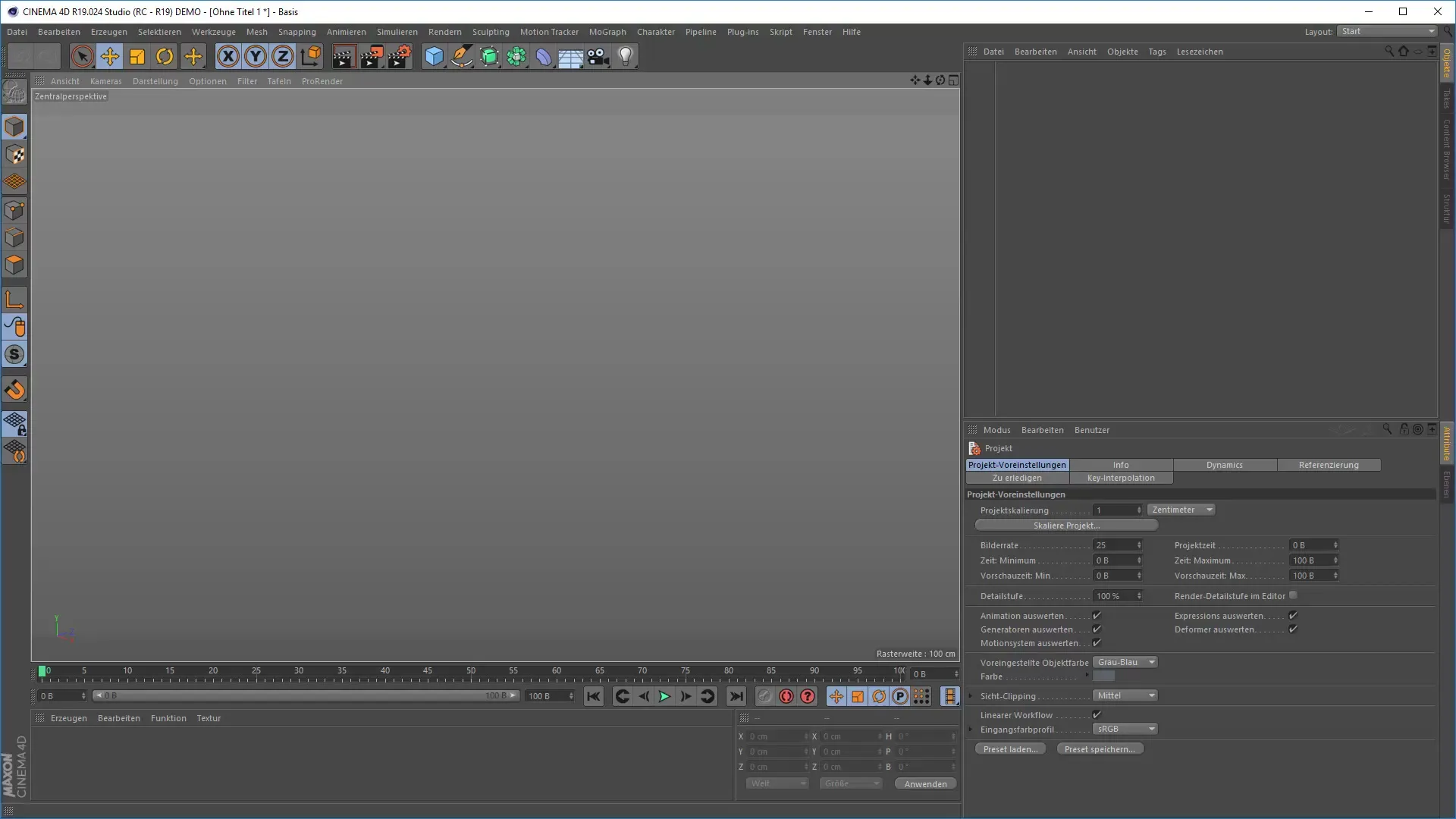
2. Applying the Rules: Solid Drawing
Solid Drawing refers to giving the objects in your animation the illusion of three-dimensionality. Even when working in a 3D space, many artists often think in 2D. Make sure you correctly utilize the depth of your space by designing the movement of the objects in three dimensions.
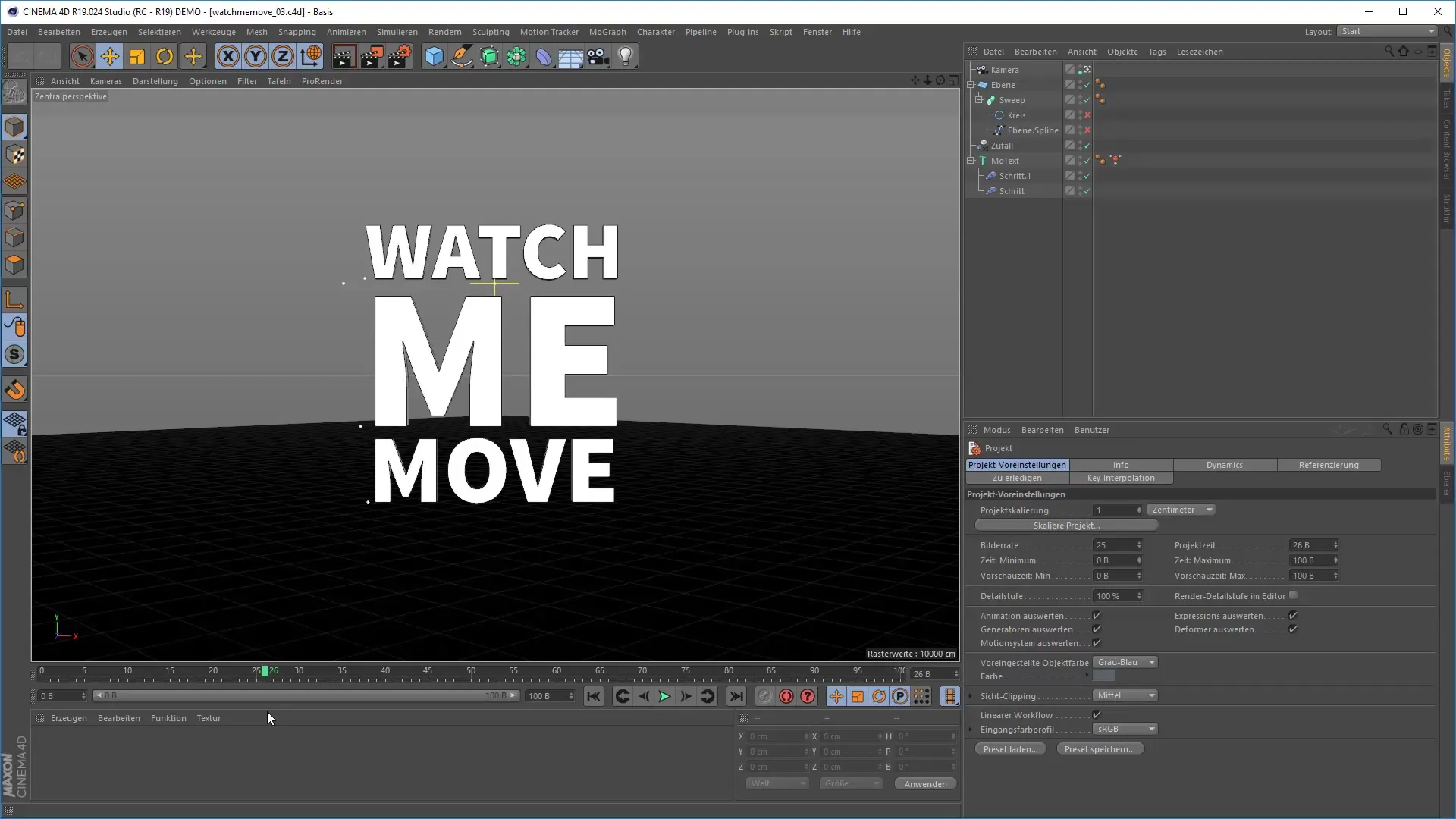
3. The Calculation with Depth: Animation Technique
Start by adjusting the movements of your objects. Reduce the movement parameters in the dimensions to create a more realistic depth. This means that the elements in your animation not only move left and right but also forward and backward, creating a more dynamic look.
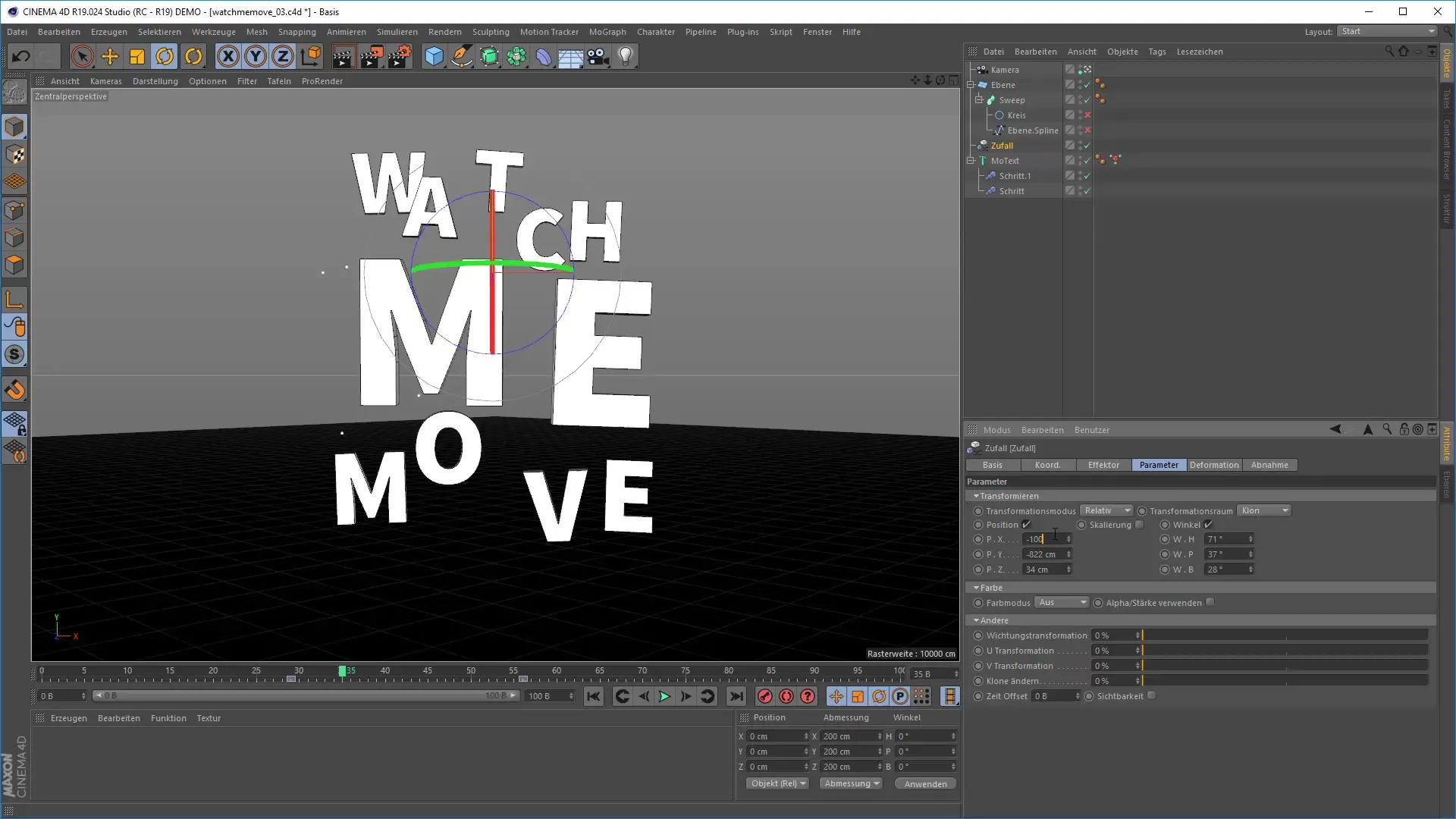
4. Staging: Image Composition
Staging is crucial to ensure that your image looks appealing. Start by filling your scene with supporting elements. Make sure that the composition is clear and creates visual interest. Add platonic shapes or other objects to fill the space and make the image more interesting.
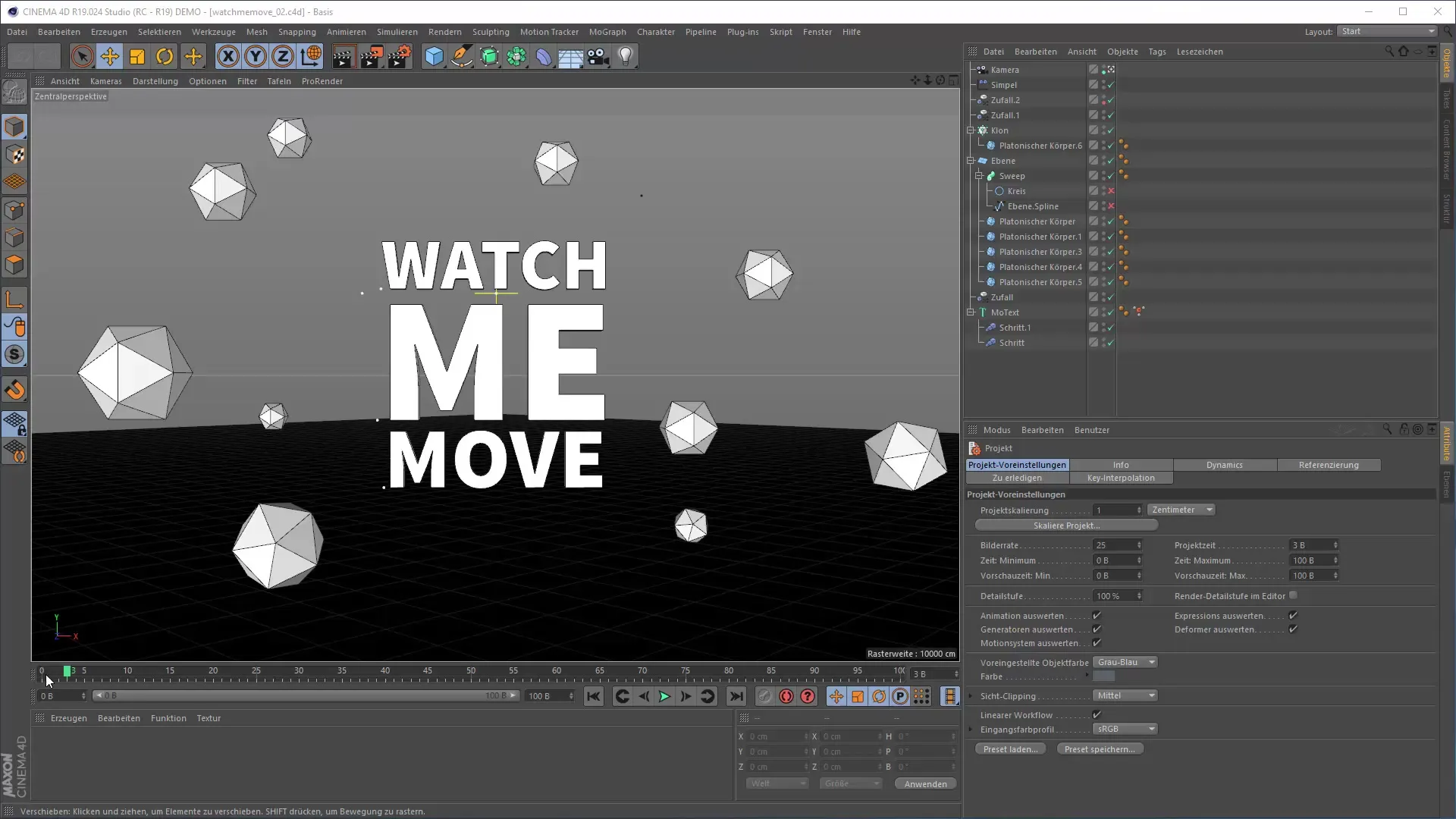
5. Bringing Movement to Life: Arcs
Another key point in animation is arcs. Instead of creating linear movements, you should use arcs and curves. These help to make your animation smoother and more engaging. Pay attention to how objects move in your scene and use arc movement for improvement.
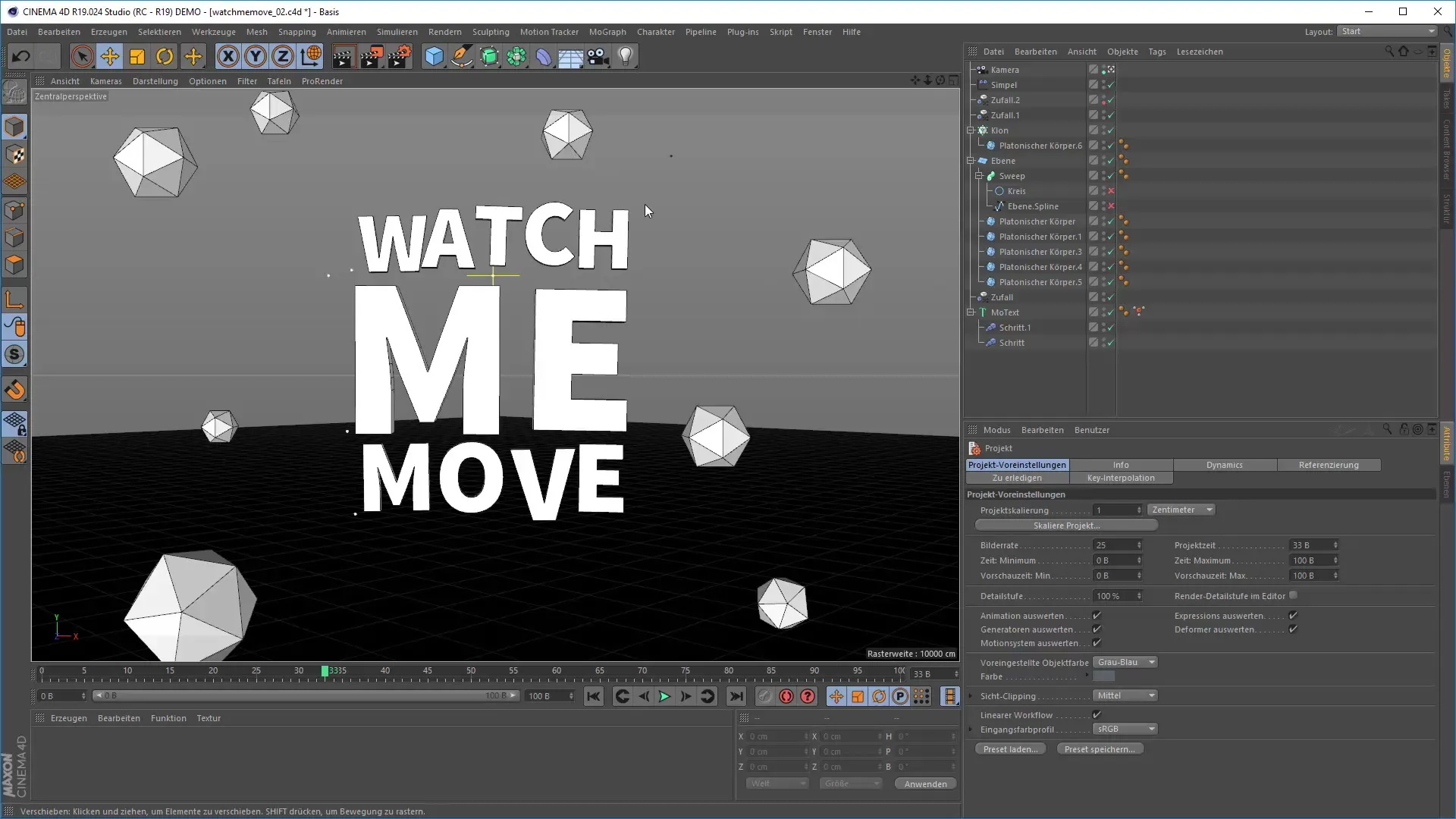
6. Importance of Timing and Spacing
Timing and spacing are equally important. Be sure to vary the speed of movements and convey a sense of weight to the viewer. Use anticipation and follow-through to make movements appear more organic.
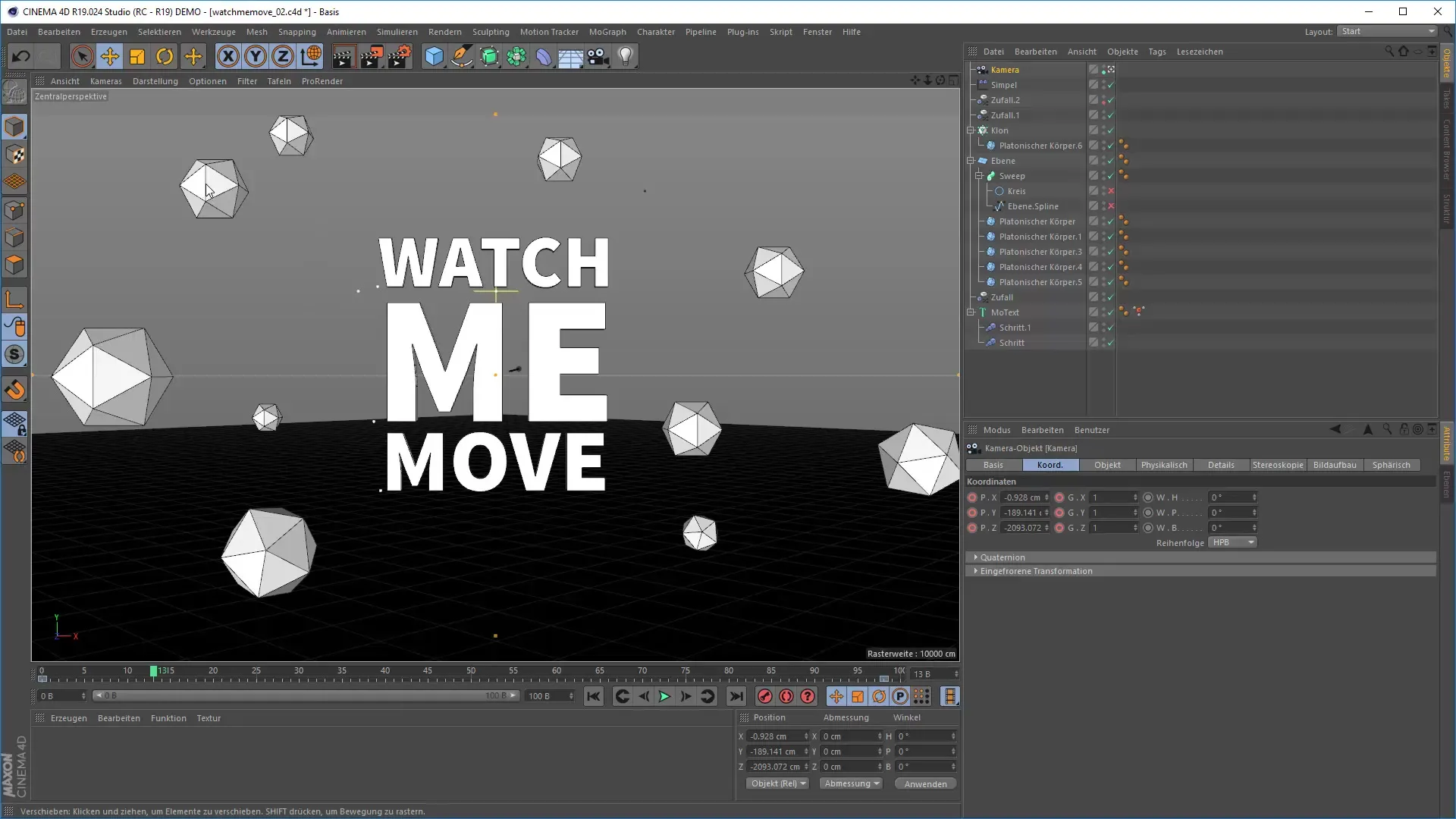
7. Additions to Animation: Secondary Movements
Add secondary movements that support the main activity of your animation and make it livelier. For example, letting objects vibrate on impact or follow subtle movements creates a more immersive experience for the viewer.
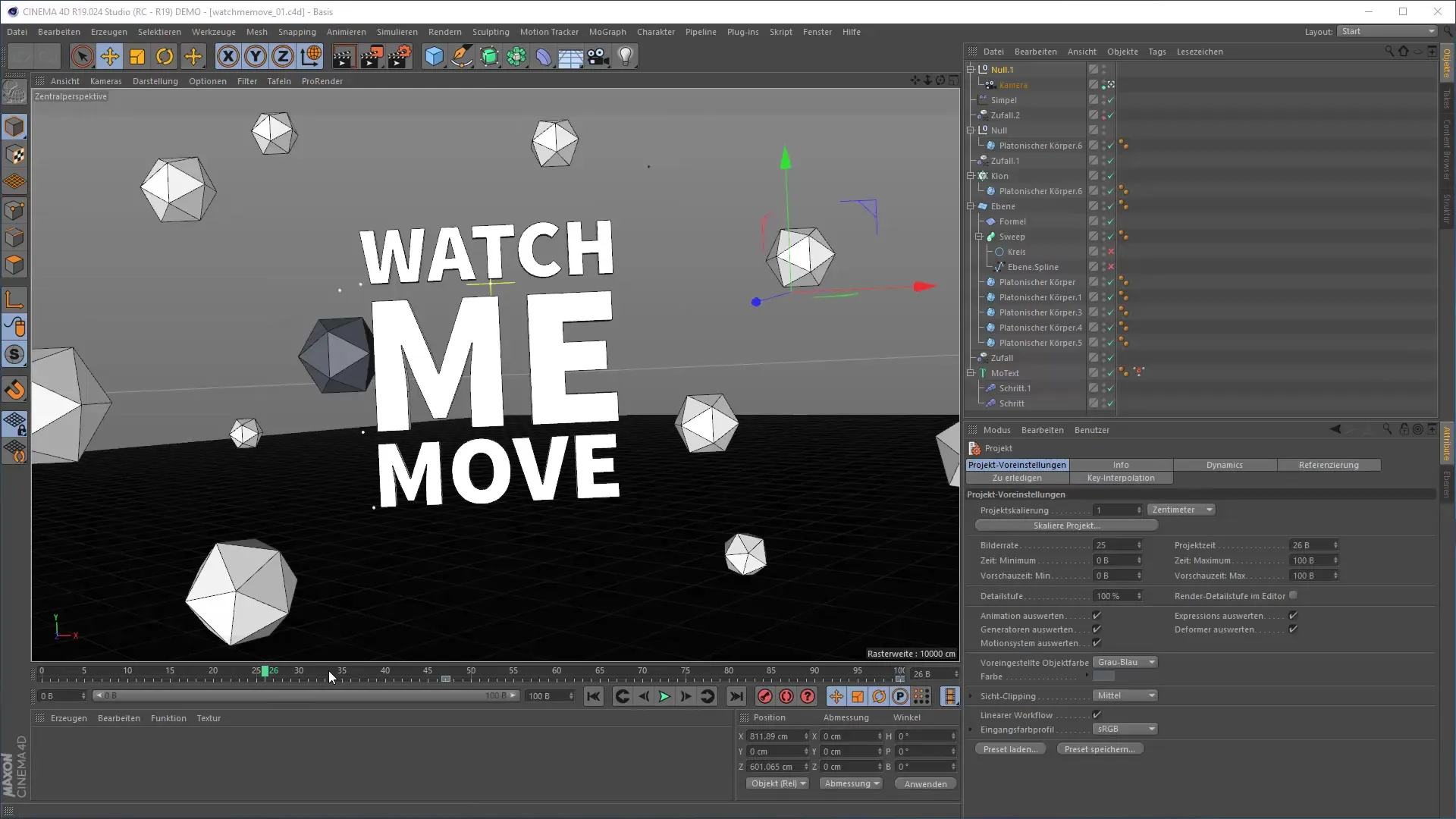
8. The Final Rendering
Once all the animation elements are set and you are satisfied with the timing and composition, render the final animation. Pay attention to details such as lighting and materials to refine the end product.
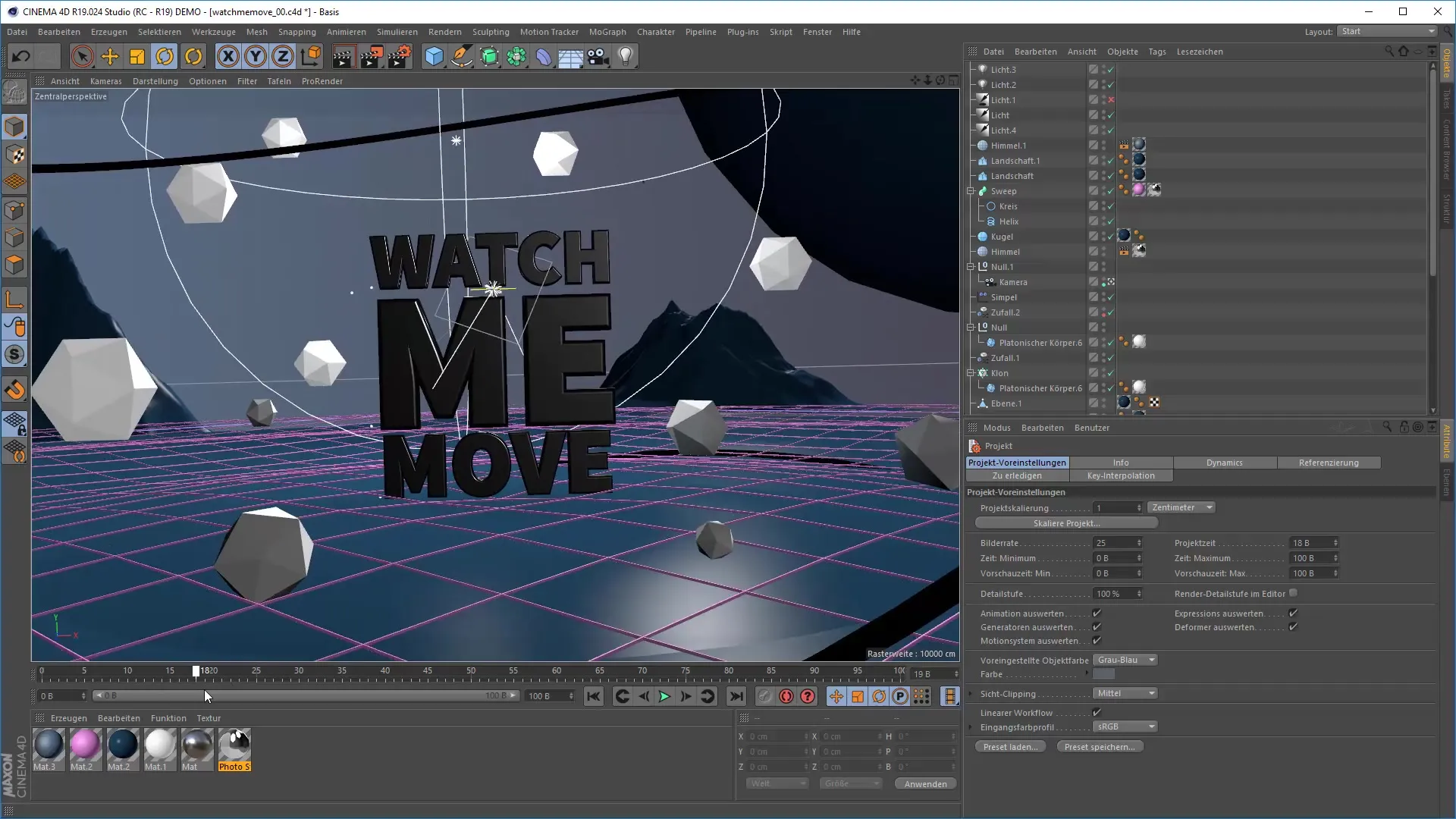
Summary – 3D Animation in Cinema 4D: Solid Drawing, Arcs & Staging
By understanding and applying the Disney rules – Solid Drawing, Staging, and Arcs – you can significantly enhance the style and quality of your 3D animations. By incorporating these principles into your animation process, you create vibrant and captivating visual experiences that attract your viewers' attention. The key is to effectively utilize space and its dimensions.
FAQ
How can I better represent depth in my 3D animation?Use shading, lighting, and animation techniques to create convincing depth.
What is the biggest mistake beginners make in animations?Beginners tend to focus too much on straight movements and forget that arcs and curves appear more natural.
How important is composition for animation?Composition is crucial as it affects visual clarity and viewer interest.
What does timing mean in animation?Timing refers to the speed at which objects move in your animation, enhancing the weight and appeal of the movement.
Why are secondary movements important?Secondary movements enhance the realism of your animation and make it more lively and interesting for the viewer.


